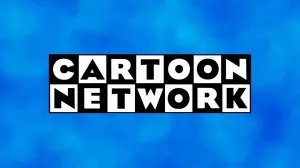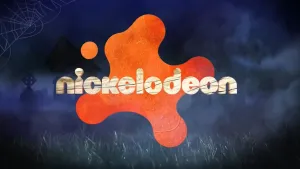Comics’ creative community mourned over the weekend after learning that cartoonist Ian McGinty had died. The news led to grievings and the sharing of tributes and remembrances. It also sparked a wave of frustration and outrage over the conditions in which comic book creators work. Those stories have become a trending hashtag, #ComicsBrokeMe, starting with those who knew McGinty commenting on how the comics industry took advantage of him in a way that is all too common, with McGinty resorting to all-night work sessions to meet deadlines on projects and make enough to support himself. As writer Dave Scheidt put it on Twitter, “Ian McGinty was the perfect example of how the comic industry takes passionate, loving, and excited comic creators and throws them in a meat grinder. He loved to draw and his love and talent was exploited.”
Videos by ComicBook.com
The comments about McGinty opened a floodgate, and comic book creators — writers, artists, editors, and others — began sharing their stories about the rough conditions they’ve had to work under. The hashtag is still trending, with thousands of tweets, and there are some repeated themes. Many share stories of being underpaid, while others say they’ve done some work without receiving compensation. Others talk about pay disparity, with some star creators getting paydays disproportionate to sales and to what their collaborators and editors are earning.
There are also tales of creators hearing that they would not be allowed time to rest, recover from illness or injury, or even grieve loved ones who have died or attend their funerals. While plenty of these stories paint the “big two” publishers, Marvel and DC, as unappreciative of the labor done to create the stories that their corporate parents will leverage into lucrative, cross-media franchises, there’s plenty of scorn for smaller publishers as well, criticizing them as unprofessional and undependable. There’s also a pattern of those working for the publishers using what writer Zac Thompson calls “weaponized gratitude,” when creators hear that they should stop complaining and be grateful that they have any work in comics, no matter how frustrating or low-paying.
Some well-known industry veterans commented on the trend. Scott Snyder, Kurt Busiek, and Gail Simone mostly added their voices as means of support, drawing attention, and commiseration. Neil Gaiman commented, “How anyone survives on current page rates leaves me chilled,” and that the fact that they don’t is “what I’m realising.”
Select creators offered advice on navigating an industry that is often hostile to those who support it. However, most of it, while well-intentioned, feels insufficient to deal with the systemic problems plaguing comics. Thus, some have pointed to collective organizing as a solution. To that end, the Cartoonist Cooperative, a community of comics creators seeking to improve working conditions in the industry that launched earlier this year, released a statement on the #ComicsBrokeMe hashtag. It reads, in part:
“The only way we fix this is by organizing, stopping the presses, and demanding better working conditions for all. This would mean that any time a publisher tries to get away with not paying their workers (and writers, artists, colorists, letterers, and anyone else who makes comics are workers) or paying less than is liveable, that publisher doesn’t get to acquire our work. The publishers who prey on artists who don’t know whether they’re being taken advantage of need to be shamed into doing better.
“We don’t have to justify our love of comics to our growing debt and medical bills. We don’t have to see another cartoonist die from overwork. It all starts with us getting together and demanding more, so comics can be better for everyone. Organize with us! Right here, right now! We hope you’ll join us in working towards a better comics industry as a member of the Cartoonist Cooperative.”
The hashtag is coming at a time when, outside of comics, the Writers Guild of America is on strike, the Screen Actors Guild has voted to authorize a strike, and the Directors Guild of America is voting on a new deal with studios. Whether this zeitgeist leads to further changes in the comic book industry remains to be seen, but it could be a first step.








